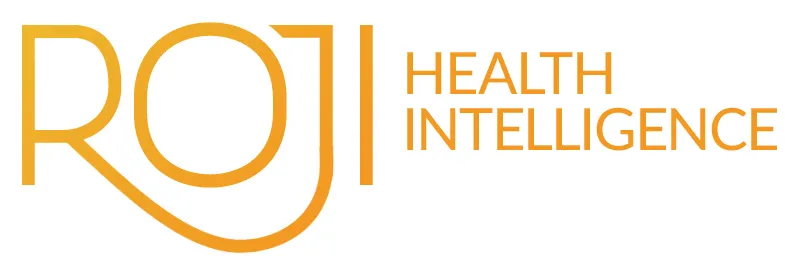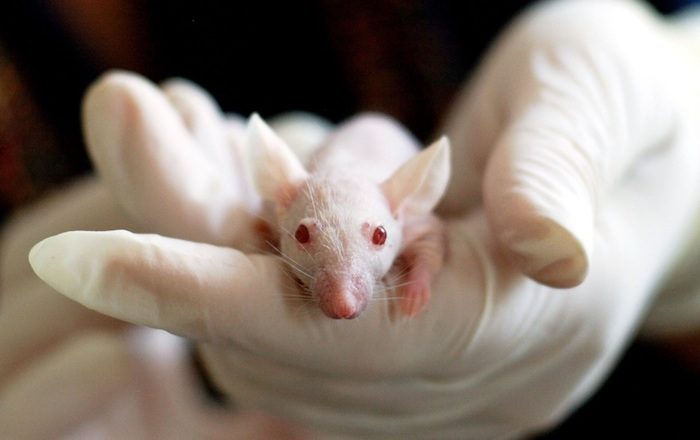In 1967, the year I graduated from high school, my family’s television required “rabbit ear” antennae with perched aluminum foil. Our farming family had little time to watch TV, but when we did, the ritual included a side trip to reset the antennae’s angle to ensure good reception. Today, I watch a clear picture on […]
Wise Patients Really Can Make Medical Decisions
“The numbers in this blog are hard to believe. Why is the medical profession recommending shingles vaccine? It is one thing to say that patients should be their own advocates. But why would medical professionals recommend a vaccine to their patient that has such a paltry risk/benefit outcome? After all, we go to doctors because […]
Why Randomized Clinical Trials Are Essential to Informed Medical Decisions
I am not a card-carrying philosopher, although I did study philosophy as my undergraduate major. What I enjoyed most was epistemology, the theory of knowledge. We debated, hotly, from the standpoints of social interaction and humanism, “What is knowledge? What constitutes knowing?” But such philosophical debates are not relevant in medical care. Medicine is not […]
Deciphering Outcomes: Thirty Percent More of Nothing Is Still Nothing
Trying to pass a Bill through a legislature demands a hardy disposition. I have been involved in three attempts on different issues—one bill passed, one is still in limbo, and a third, the most salient for me, failed. In the latter case, I was the sole proposer of the Bill. My idea captured the imagination […]
“Just the Facts, Ma’am”
Communication, according to Webster’s: “exchange of information” You and I talk all the time. We are constantly “communicating.” Communication is a huge idea that encompasses and displays our views of the world. But communication is more than just the sum of the words used to communicate; the words are contextual. Raymond Carver wrote with simple, […]
Patients Deserve Truth-based Medicine—But Most Aren’t Getting It
“I have breast cancer; I read that I should not drink wine because it may cause my cancer to return. I always wanted to be a sommelier, but that dream is dashed!” People, sensibly, read about their medical conditions, searching for things that might help or hurt them. However, patients are vulnerable. Their vulnerability may […]
For Tough Medical Decisions, Hard Choices Require Hard Facts—Not Conventional “Wisdom”
What matters in medical decisions is what we know, not what we think. In the late 1980’s I cared for a pregnant woman with breast cancer. Breast cancer is the most common form of cancer in pregnancy, but uncommon in frequency, occurring in about 1 in 3,000 pregnant women. Providing and receiving treatment is certainly […]
How to Recognize “Fake” Medical News — And Why It Matters
Is coffee good for you? A recent headline suggested that people who drink coffee live longer. Sounds great to me. I drink a lot of coffee, so maybe I will be immortal. But, wait, another report links coffee to cancer. Dang. Estrogens were once touted as a life saving elixir for women of elegant ages, […]
Physician Comparisons Based on Performance Don’t Tell the Right Story
Medical decision-making requires a comparison. There is, most often, more than a single option for your care. New tests and treatments are constantly being added to the medical portfolio by scientific inquiry. The only way to advance care, in fact, is by comparing options. Comparing incites a difficult task, however: the compared option that is […]
For Patients, “Trust Me” Is No Longer Good Enough for Medical Decision-Making
It’s time to rethink ideologies of medical care that no longer make sense. The following may sound revolutionary, but are nonetheless true: Patients are the future leaders in medical care. Patients must and can make their own medical decisions after being informed. Patients can and must learn to discern useless from useful information. Science must […]










